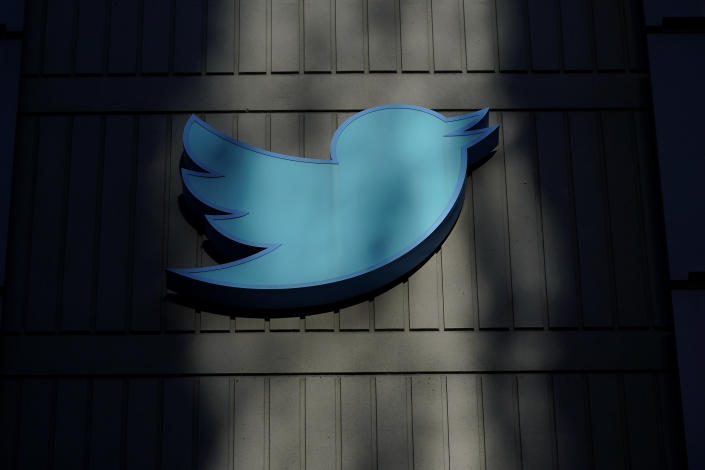False claims of a stolen election thrive unchecked on Twitter even as Musk promises otherwise

Views (78)

In an interview this week, Twitter owner Elon Musk said users making false claims of stolen elections “will be corrected” on the platform. Prompted by a CNBC reporter for extra assurance that would happen, Musk responded, “Oh yeah, 100%.” Twitter posts that amplified those false claims have thousands of shares with no visible enforcement, a review of posts on the platform shows.
Prompted by a CNBC reporter for extra assurance that would happen, Musk responded, “Oh yeah, 100%.”
The contrast between Musk’s promise and the extent the claims are spreading on Twitter underscores a major challenge for social media companies trying to call out election conspiracy theories and falsehoods that Trump and his supporters continue to promote. That will only grow as the nation prepares for a presidential election next year in which Trump is again vying to be the Republican nominee.
“Talk is cheap,” said David Becker, a former U.S. Justice Department lawyer who now leads the nonprofit Center for Election Innovation and Research. “It’s good that he acknowledges that it’s important for Twitter to act responsibly. … But then we have to see this action actually taken, because it’s happening right now.”
An analysis by the media intelligence firm Zignal Labs on behalf of The Associated Press surfaced the 10 most widely shared tweets promoting a “rigged election” narrative in the five days following Trump’s town hall.
While Twitter has a system in place for users to add context to misleading tweets, the 10 posts, which collectively amassed more than 43,000 retweets, had no such notes attached.
The most widely shared tweets included false claims from U.S. Rep. Marjorie Taylor Greene, R-Ga., and Kari Lake, a Republican who lost her bid for Arizona governor last year.
In January 2022, months before Musk took over the platform that October, Twitter had already confirmed to CNN that it had stopped taking action against 2020 election misinformation, saying its policy was meant for use during an election cycle, not long after one.
Tech accountability advocates said it's difficult to monitor content on a scale as large as Twitter and they note that Twitter is not the only platform where election misinformation surfaces. TikTok, Facebook, Instagram and other social media sites also play a role in spreading falsehoods.
“I think they already had inadequate resources … but there’s no doubt that he’s making it worse,” Lehrich said. “And he’s effectively fired everyone responsible for trust and safety at Twitter, so at this point, they couldn’t enforce their own civic integrity policies if they tried.”
Twitter sent an automated reply when the AP asked for comment, as Twitter does to most media inquiries, and did not provide a response to the continued spread of election misinformation.
In an ideal world, platforms would help reduce the spread of false claims online with policies such as blocking known misinformation sources, labeling it, adopting community enforcement standards and deprioritizing misinformation in trending topics, said Anjana Susarla, a social media researcher and professor at Michigan State University.
Complicating Twitter's response to the misinformation is Musk's own use of the platform. He has used his Twitter account to amplify election-related conspiracy theories.
Last week, he tweeted a reply to a false claim that a conference hosted by the Center for Election Innovation and Research was “secret” and “HYPER PARTISAN.”
Musk's post drove other Twitter users to see the original tweet and pile on with stolen-election claims.
“He gets it … he knows the elections were stolen massively,” one Twitter user replied.
“Exactly. They’re coordinating the steal for 2024,” wrote another.
Becker, the center’s executive director, said when prominent Twitter users amplify falsehoods about election officials, “threats increase to their safety, to their offices, to their staff.”
“That makes democracy more vulnerable and puts stresses on them as human beings,” he said.
____
___
0 Likes
